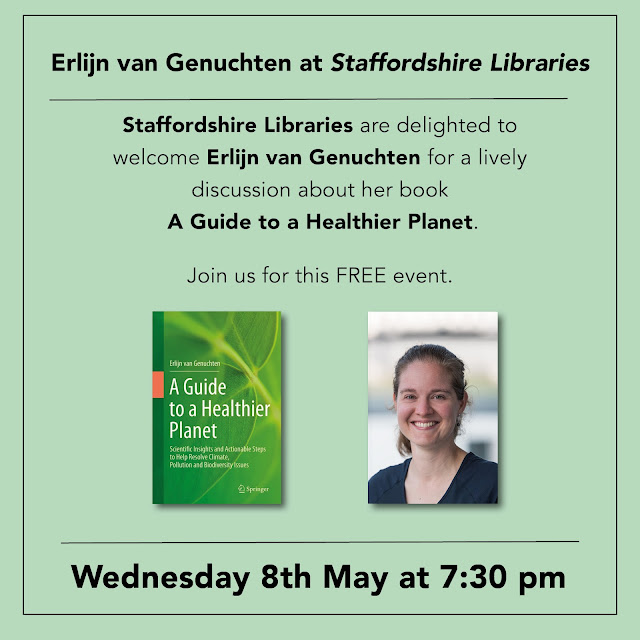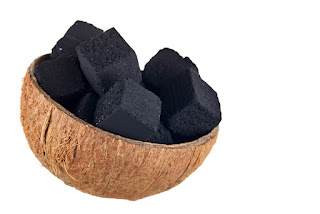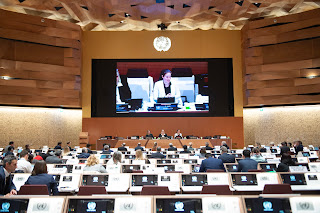The impact of eco-emotions on taking action

Climate change impacts your daily life, your health, and the environment you live in. Whether you realize and are willing to see it or not. As it’s one of the biggest current planetary threats, many people are feeling grief, loss, and frustration about our situation, leading to depression or anxiety. These negative emotions are caused by learning about the consequences of climate change. When these are presented negatively, it triggers negative eco-emotions like: eco-depression (feeling miserable) eco-anger (feeling frustrated) eco-anxiety (feeling anxious) Eco-anger is the emotion that most likely inspires us to actions toward a healthier planet. In my article, I explain this in more detail for you to learn more: https://app.wedonthavetime.org/posts/974f07cb-5cd2-46c8-832d-c7c583309d64?utm_source=url-copy&utm_medium=wdht-web-app-share&utm_campaign=erlijng Negative eco-emotions are becoming more frequent due to climate change (credit: chanintorn.v on Shutters...







